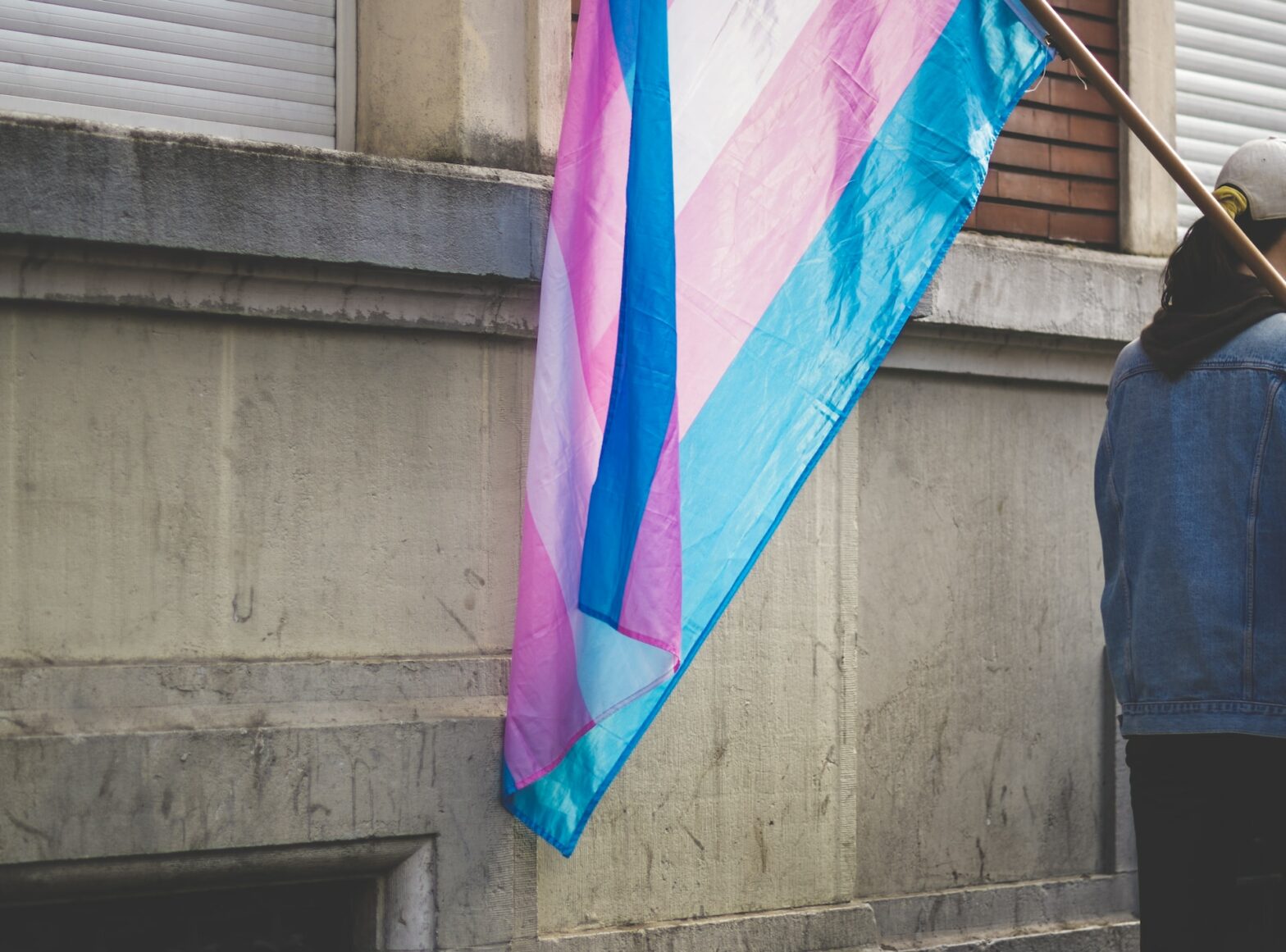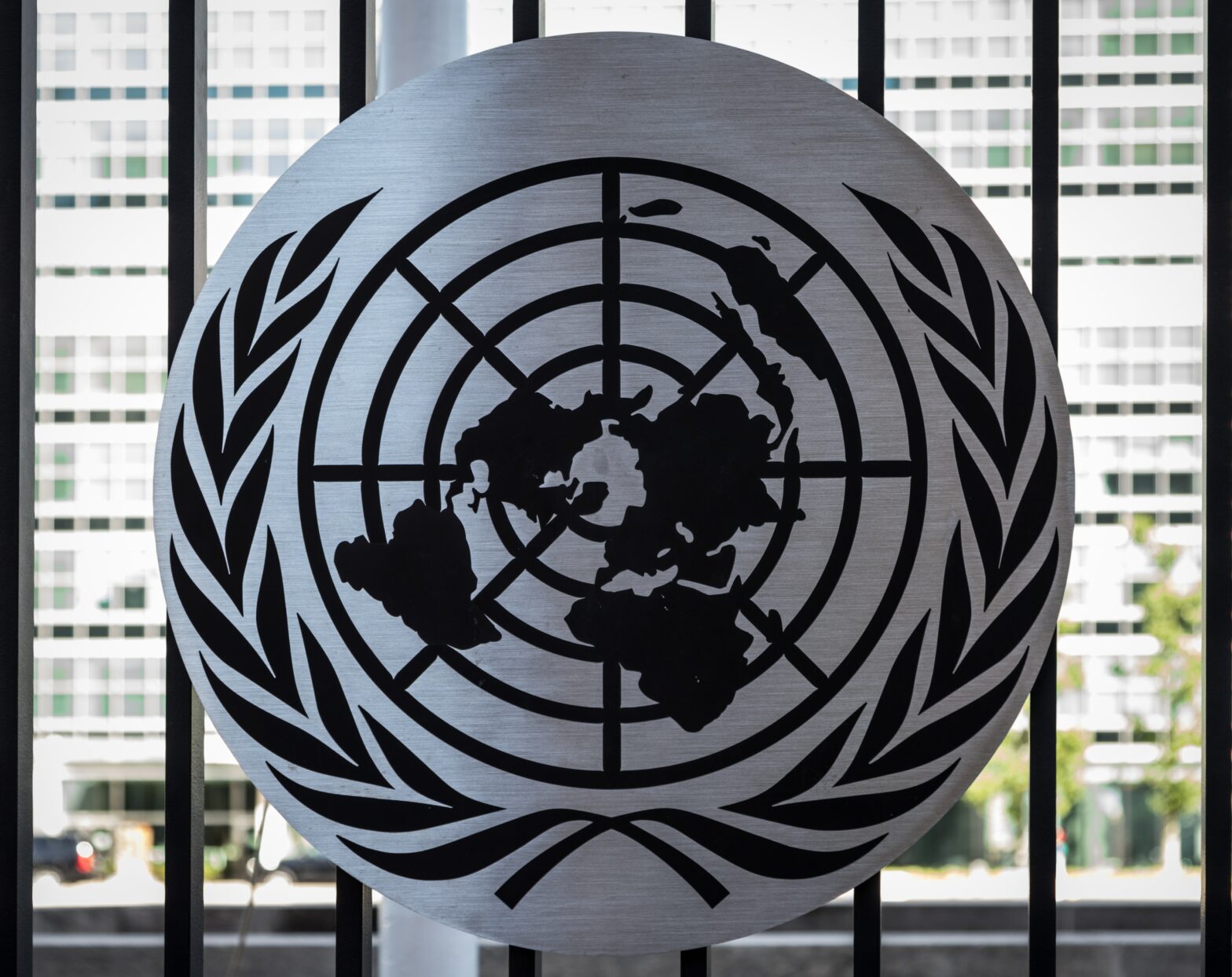Share Twitter Facebook Email Copy URL
This article is part of our series dedicated to the 75th anniversary of the Universal Declaration of Human Rights.
Ratified by the UN General Assembly on December 4th 1986, the Declaration on the Right to Development affirms that development processes should be based on the active, free and meaningful participation of the people.
According to the World Inequality Report 2022, inequality has increased in most countries over the last two decades: The gap between the average incomes of the richest 10% and the poorest 50% of people within a country has almost doubled, from 8.5 times to 15 times. The 2022 report points out that “this sharp rise in within-country inequalities has meant that despite economic catch-up and strong growth in the emerging countries, the world remains particularly unequal today. It also means that inequalities within countries are now even greater than the significant inequalities observed between countries.”
This is undoubtedly the result of economic development policies that do not take into account the needs of the population and that lead to maldevelopment. Looking at the problem from a “maldevelopment” (or ill-development) perspective, the question is how to develop and how to change our societies towards more social justice. “Inequality is always political choice and learning from policies implemented in other countries or at other points of time is critical to design fairer development pathways,” the authors of the report stress.
It is the same with the impact of our economic development policies on the environment and the climate: the responsibilities of climate change and pollution are clear, the speed at which the socio-ecological transformation of our societies can take place is a question of political choices.
How could we then push for political choices aimed at creating more equitable development pathways? How could we dismantle the structures that allow economic actors and countries in the North to profit from the exploitation of workers and natural resources of countries in the South? Since we are talking about “maldevelopment”, what would be “good (or equitable) development”? How can we define a development policy that meets the needs of the people, respects their rights and protects the environment?
The United Nations can play an important role by promoting the “right to development” and elaborating new legally binding instruments in the framework of international cooperation. The concept of the “right to development” comes from the Declaration on the Right to Development, adopted by the United Nations General Assembly on 4 December 1986. The Declaration states:
Article 1. The right to development is an inalienable human right by virtue of which every human person and all peoples are entitled to participate in, contribute to, and enjoy economic, social, cultural and political development, in which all human rights and fundamental freedoms can be fully realized.
This Declaration affirms that development processes should be based on the active, free and meaningful participation of the people. The aim of the right to development is to achieve self-determination and sovereignty of peoples in choosing their model of development in a spirit of equality and mutual respect. The right to development also implies that the benefits of development must be equitably shared.
A UN Declaration has great moral force, but it is not legally binding. So this instrument has never really been implemented. Nevertheless, it retains its legal, political and moral relevance. In 2023-2025, Rosa-Luxemburg-Stiftung Geneva with CETIM and in cooperation with the UN Expert mechanism on the Right to Development, will promote the implementation of the 1986 Declaration and wishes to open a broad debate on the right to development, particularly in the context of the process to elaborate a UN Convention on the Right to Development.
Unlike UN Declarations, Conventions are legally binding once signed and ratified by member states. As CETIM points out: “the future Convention should contribute to the establishment of a democratic and equitable international order, of effective international cooperation for the constant improvement of the social well-being of all peoples and the equitable distribution of wealth, as well as the realization of all human rights.” Against the backdrop of climate change and extreme inequalities, after a period of global pandemics that have led us to collectively question our needs, it is time to advocate at the global level for development policies based on social justice and the protection of nature, resources and the climate.
This article is part of our series dedicated to the 75th anniversary of the Universal Declaration of Human Rights.



